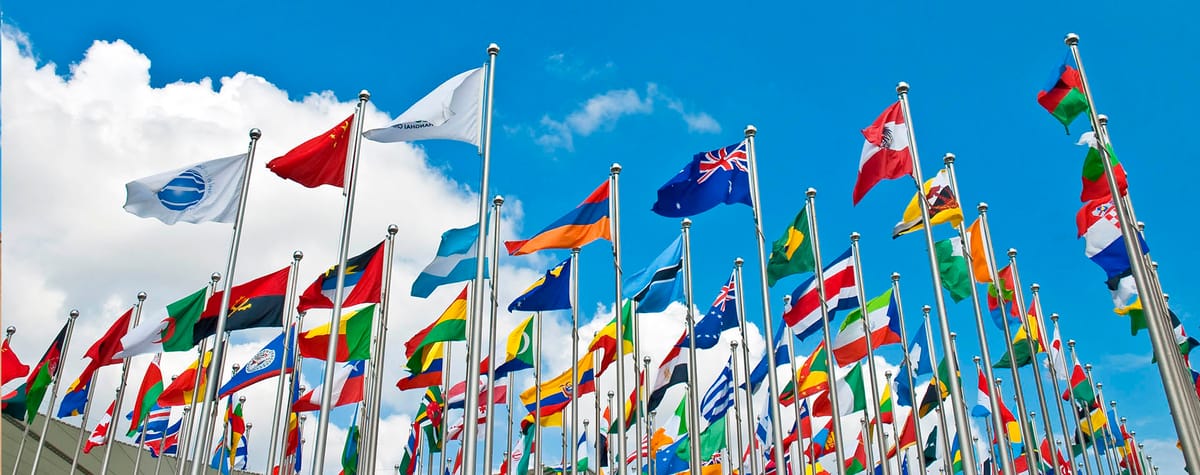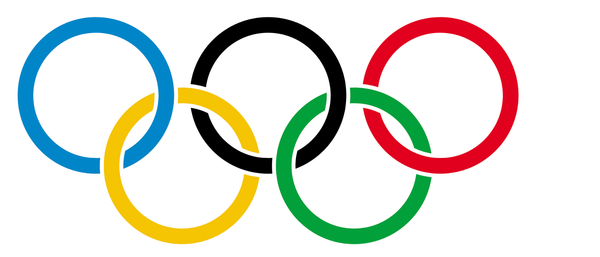Global News Overview - A Chaotic Few Weeks

The past few weeks in global news have been eventful. From tragic aviation accidents to changing political landscapes, all the news may have slipped your mind over the break. Here’s an overview of the major events in foreign affairs over the past six weeks.
MAYDAY! Two Catastrophic Plane Crashes
In the past month, the world has witnessed two devastating plane incidents resulting in mass casualties.
The first involved a South Korean Boeing 737-800, a precursor to the troubled 737 Max, which crash-landed at Muan International Airport after a bird strike. The aircraft landed on its belly, skidding down the runway with no landing gear and crashing into a cement wall. Tragically, 181 people lost their lives. In response, the South Korean government grounded all Boeing 737-800s amid suspicions of a potential aircraft malfunction. Boeing’s stock dropped by 8% as a result.
The second incident involved an Embraer 190 flying from Baku, Azerbaijan, to Grozny, Russia, which crashed in Kazakhstan. While the official cause is still under investigation, many officials believe the plane was shot down by Russian air defenses. The Russian government has apologized but stopped short of taking responsibility, while Azerbaijani President has blamed Russia, and allies to the caucus nation. The U.S. has also expressed suspicion regarding Russian involvement. Of the 67 passengers on board, 38 died, intensifying tensions in a region already fraught with instability.
South Korean Government Crisis: Presidential Impeachment and Shifting Power
In December, following the controversial declaration of martial law (see prior article here) by President Yoon Suk-Yeol (which was later removed), South Korea’s National Assembly voted to impeach him, with 70% of lawmakers supporting the move. Despite party loyalty, this was a significant blow to Yoon’s administration. Han Duck-Soo, the former Prime Minister, was appointed as the acting president, but after another impeachment vote a couple days later, he too was ousted by a 68% majority. The new acting president, Choi Sang-Mok, who previously served as Deputy Prime Minister, now finds himself in charge as political instability continues to shake the nation. The South Korean court has issued an arrest warrant for Yoon as tensions rise over the country’s political future.
Political Shifts Across Europe
In Europe, several major political developments have taken place.
On December 4th, French Prime Minister, who had only been in office for 98 days, was impeached after a vote of no confidence. This move highlights the ongoing lack of support for President Macron’s center-left government. Macron's tight election race against far-right leader Marine Le Pen had already shown deep political divides in France.
In Ireland, while the ruling party remained in power following the general election, Sinn Féin emerged as a significant force, gaining substantial support for the first time. Once viewed with suspicion due to its past associations with radical actions during "The Troubles," Sinn Féin now seeks to push for a unified Ireland. It will be interesting to see how the party uses its growing influence to navigate political waters in both Ireland and Northern Ireland.
In Germany, President Frank-Walter Steinmeier dissolved the Bundestag (parliament) and called for early general elections, scheduled for February 23. His decision was based on the belief that the country is in need of a political shift amidst rising instability.
Syria’s Struggle for Freedom: A Divided Nation in 2024
As of late 2024, Syria remains deeply divided, with the Assad regime controlling much of the country, thanks to the support of Russia and Iran. The northwest, particularly Idlib, continues to be an opposition stronghold, while Kurdish forces control parts of the northeast, complicating any efforts toward reunification. The country’s economy is in freefall, with rampant inflation and widespread shortages of basic goods. Humanitarian conditions are dire, with millions displaced and in need of urgent aid.
Despite these challenges, some Arab nations have pushed for Syria’s reintegration into the Arab League, although the U.S. and EU continue to isolate Assad. Russia and Iran focus on stabilizing the areas controlled by the regime. The country’s infrastructure and healthcare systems lie in ruins, and despite several ceasefire attempts, violence remains widespread. U.N. peace talks have stalled, with no real progress on a political solution.
While much of the country continues to suffer, the Syrian opposition—particularly the rebel-held areas—remains hopeful. Recently, new Syrian rebel groups, who have now captured the capital, Damascus, have appointed women to high-level government positions, a significant step towards a more inclusive and progressive future. These ‘liberated’ Syrians are optimistic about moving forward, envisioning a future free from the oppressive rule of Assad.
Trudeau Out!
Canadian Prime Minister Justin Trudeau has confirmed his resignation after eight years in office. During speech Trudeau cited personal reasons and a desire to make way for new leadership as the driving forces behind his decision. His resignation marks the end of a political era that saw significant milestones, including the legalization of cannabis, a commitment to addressing climate change, and navigating complex relationships with Indigenous communities. Trudeau time as the leader of the Liberal Party was also marred by controversies, including ethics violations and a shifting political landscape that saw growing opposition from conservatives and some disillusioned moderates. The resignation sets the stage for a leadership race within the Liberal Party, with potential successors already speculated. Trudeau, 53, has expressed gratitude for his time in office and promised a smooth transition Fro the next PM.




